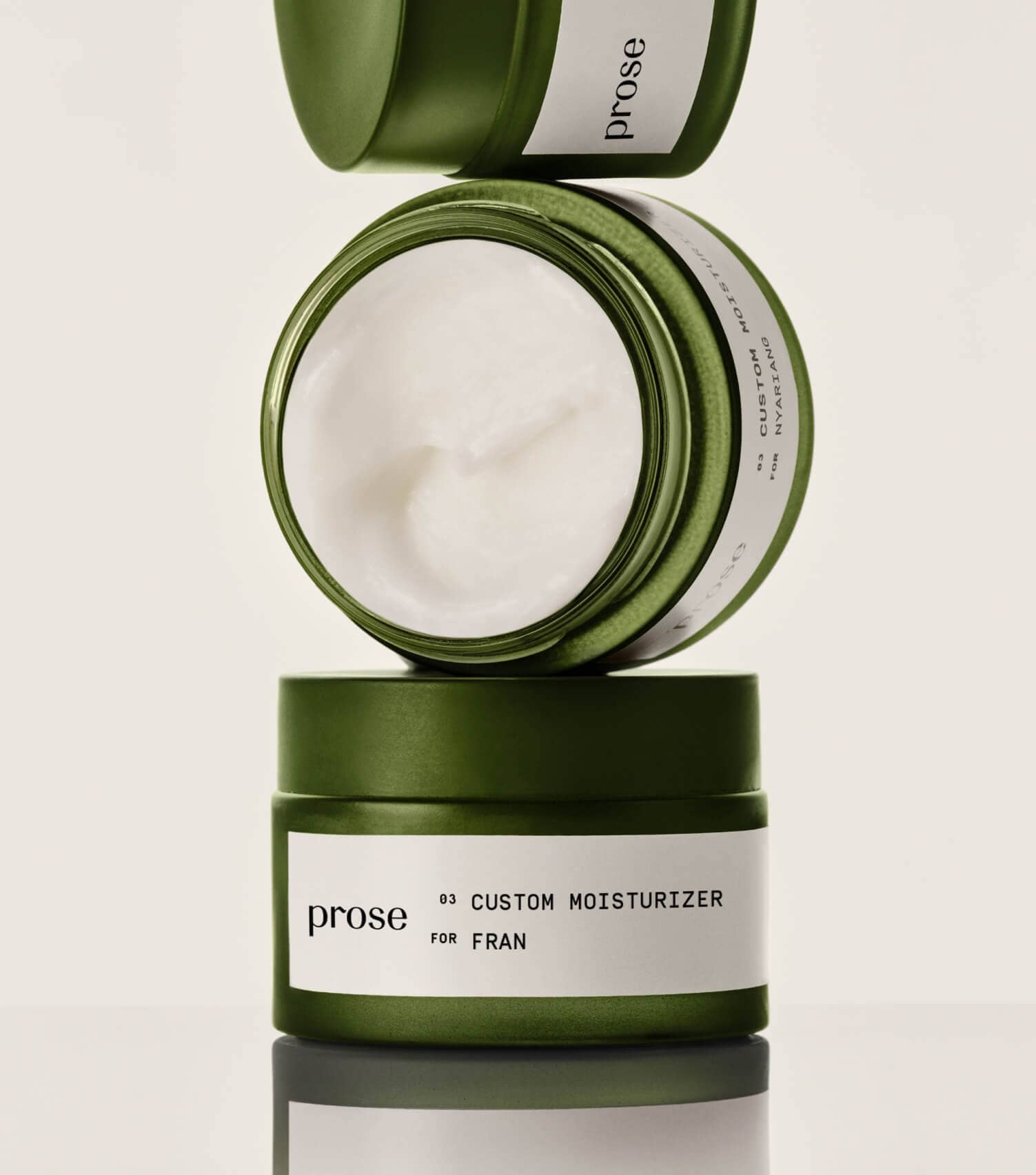Blitz News Digest
Stay updated with the latest trends and insights.
Moisturizer Myths Busted: What You Really Need to Know
Uncover the truth behind common moisturizer myths and learn what your skin really needs for a healthy glow. Click to find out more!
The Truth About Heavy Moisturizers: Do You Really Need Them?
When it comes to skincare, heavy moisturizers often receive mixed reviews. Some claim they are the key to achieving plump, hydrated skin, while others warn against their potential to clog pores and cause breakouts. Heavy moisturizers are typically richer in texture and are formulated to provide deep hydration. They are especially beneficial for those with dry or dehydrated skin, as they create a barrier that locks in moisture. However, it’s essential to choose the right product tailored to your individual skin type to avoid adverse effects.
So, do you really need heavy moisturizers? The answer varies from person to person. For individuals with oily or combination skin, a lighter, gel-based moisturizer might suffice. In contrast, those battling extreme dryness or conditions like eczema may find that a heavy moisturizer is not only necessary but transformative for their skin health. Ultimately, understanding your skin's needs and experimenting with different products will help you determine whether a heavy moisturizer is worth incorporating into your daily routine.

Can You Over-Moisturize? Separating Fact from Fiction
When it comes to skincare, the notion of over-moisturizing often sparks debates among beauty enthusiasts and dermatologists alike. While moisturizing is essential for maintaining skin hydration and barrier function, too much of anything can be harmful. Over-moisturizing typically occurs when individuals apply excessive amounts of lotion or cream, leading to clogged pores and potential breakouts. It's crucial to recognize that everyone's skin is unique; what might be too much for one person could be just right for another.
Furthermore, a common myth surrounding over-moisturizing is that it can significantly alter the skin's natural moisture production. In reality, the skin has a self-regulating mechanism that adapts to hydration levels. Instead of solely relying on topical moisturizers, it's vital to consider other factors such as diet, hydration, and environmental elements that also play a role in skin health. Therefore, understanding your skin type and adjusting your skincare routine accordingly can help prevent any adverse effects from excessive moisturizing.
Natural vs. Synthetic Moisturizers: Which is Better for Your Skin?
When it comes to skincare, the debate between natural and synthetic moisturizers has gained significant attention. Natural moisturizers are typically made from plant-based ingredients, such as oils, butters, and extracts, which claim to nourish the skin without the use of harmful chemicals. Advocates of natural products argue that they offer numerous benefits, including fewer side effects and better compatibility with skin types. Additionally, natural moisturizers often contain antioxidants and essential fatty acids that help in maintaining skin hydration and repair.
On the other hand, synthetic moisturizers are formulated using man-made chemicals that can provide immediate and, in some cases, longer-lasting hydration. These products often include ingredients like hyaluronic acid and glycerin, which effectively attract and retain moisture. While critics of synthetic options express concerns about potential irritants and skin sensitivity, many dermatologists assert that many synthetic formulations are safe and effective for regular use. Ultimately, choosing between natural and synthetic moisturizers depends on individual skin types and personal preferences, making it essential to consider factors such as ingredients, skin concerns, and any potential allergies.